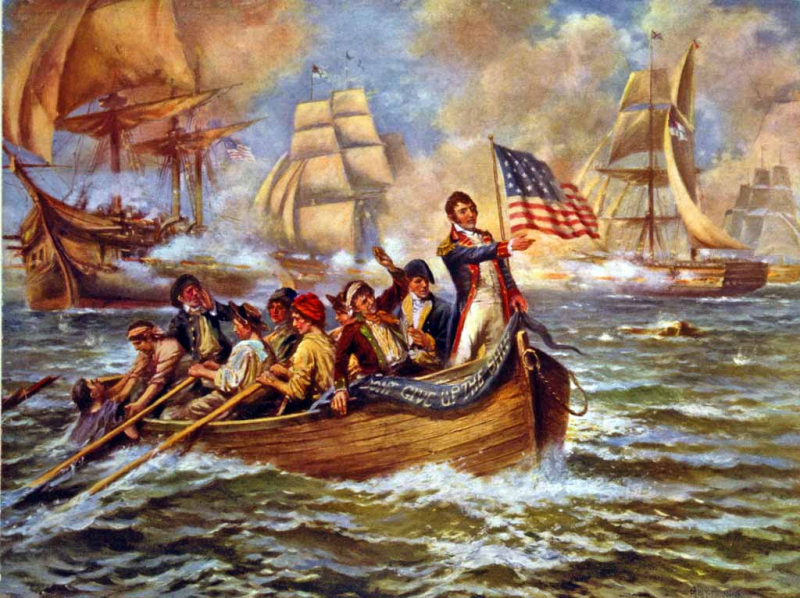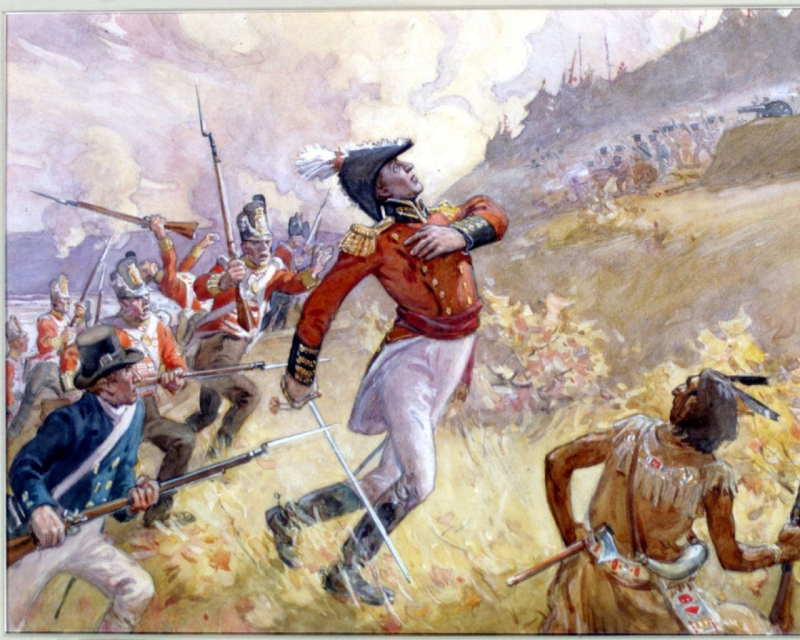Canada's opposition to joining the United States was made clear by the War of 1812.

Madison, along with many Americans, assumed capturing Canada would be an easy step in the War of 1812. In April 1812, Thomas Jefferson wrote that "The acquisition of Canada this year, as far as the neighborhood of Quebec, will be a mere matter of marching; & will give us experience for the attack of Halifax the next, & the final expulsion of England from the American continent." Secretary of War William Eustis concurred, saying "We can take [Canada] without soldiers". The plan they had was to invade Canada in three waves, striking the country from Detroit, the Niagara border, and Lake Champlain.
However, the situation Americans found in Canada was not what was expected. Instead of being greeted with open arms, American troops met strong resistance from the locals, a hodgepodge of French-Canadians, Native Americans, and British loyalists who would fled the U.S. after the Revolutionary War. Canadians were especially appalled by the invasion and burning of York (present-day Toronto) on April 27, 1813, as well as the burning of Newark (now Niagara-on-the-Lake) in December. The 7,000 American soldiers involved in the invasion were untrained, poorly led, and self-serving. The invasion was a complete failure. Within only a few months, the British pushed the Americans back and took all of what was then the Michigan territory. Resistance to the American military became a nation-defining cause for Canada's people, who celebrate the War of 1812 to this day.













